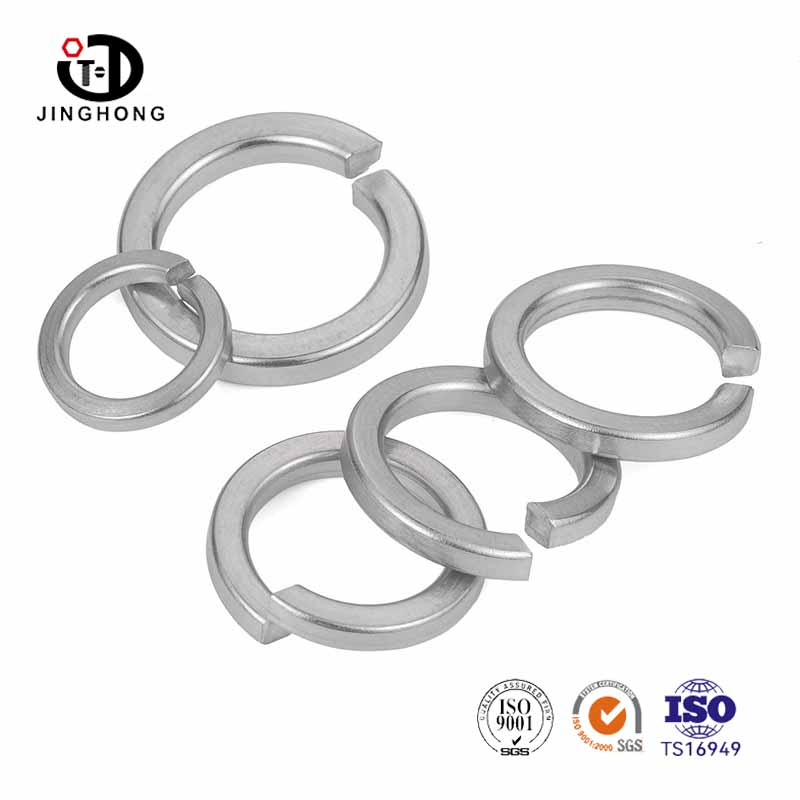What is function of Washer Hardware in vehicle
2025-05-20
In a vehicle, washer hardware refers to flat, ring-shaped components used in conjunction with bolts, nuts, and screws to:
Primary Functions of Washer Hardware in a Vehicle:
Load Distribution
Washers spread the load of a fastener (like a bolt or nut) over a wider area.
This prevents damage to the surfaces being clamped and reduces the risk of fasteners pulling through softer materials.
Vibration Dampening
In vehicles, vibration is common due to engine operation and road conditions.
Spring washers (like lock washers) help absorb vibrations and keep bolts/nuts from loosening over time.
Sealing
Some washers (such as rubber or bonded sealing washers) help prevent fluid leaks, especially in systems involving oil, coolant, or fuel.
Spacing and Alignment
Washers can act as spacers to ensure proper alignment or distance between components.
Corrosion Protection
By acting as a barrier between dissimilar metals, washers help reduce galvanic corrosion.
Fastener Protection
They prevent direct contact between the fastener and the surface, reducing wear and damage over time.

Common Types of Washers in Vehicles:
Flat Washers: Basic load distribution
Lock Washers: Prevent loosening due to vibration
Fender Washers: Extra-large surface area for soft or thin materials
Sealing Washers: Used in fluid systems (e.g., brake lines, oil drain plugs)
Wave and Belleville Washers: Provide spring action and preload in assemblies
If you are interested in our products or have any questions, please feel free to contact us and we will reply you within 24 hours.